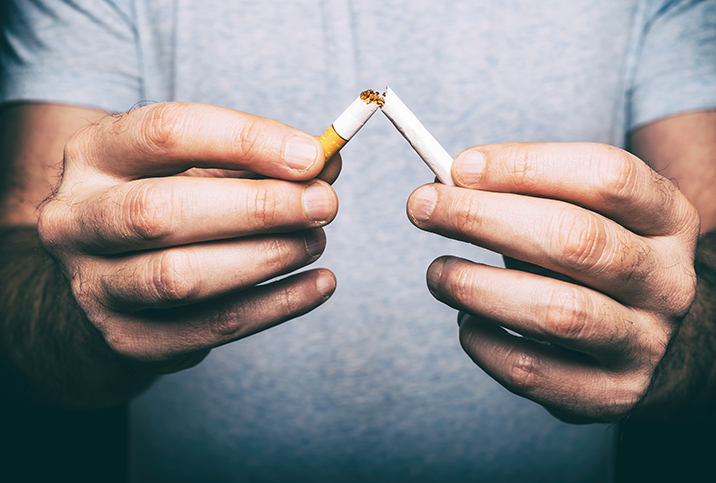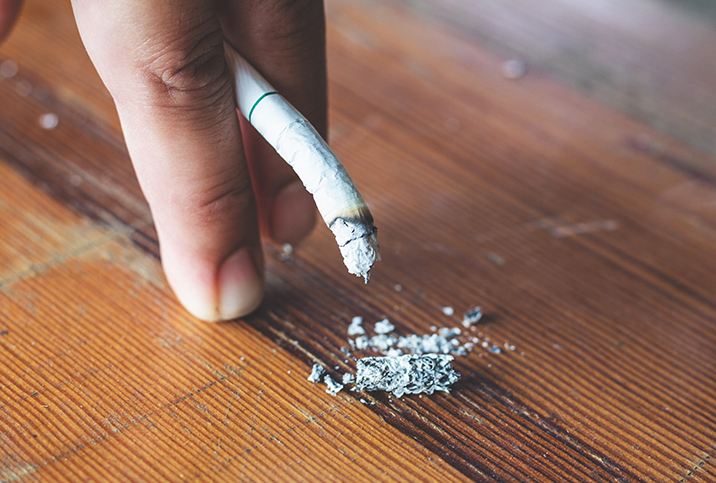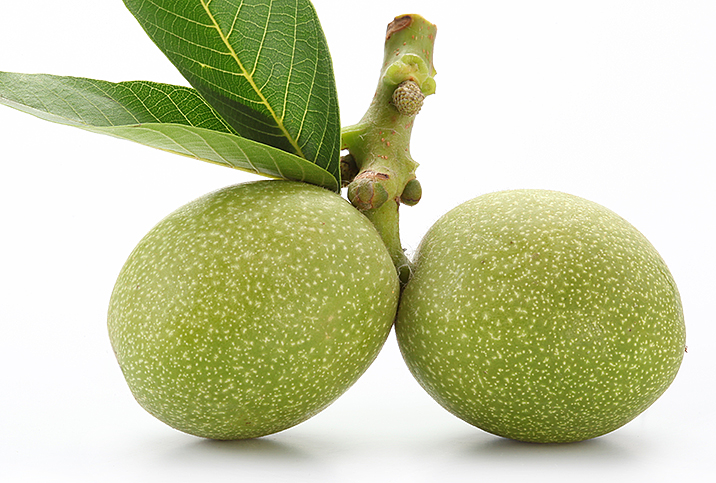Men, Use These 4 Tips to Keep Your Testicles Healthy

Your doctor checks your testicles during annual visits, so you're covered, right? Not quite. Testicular health is ongoing, and waiting for a serious problem to arise before you seek help can make recovery more difficult and less successful. To take control of your testicular health, make choices that will act in your favor in the long run.
We're not talking about doing anything drastic (unless, maybe, you're a smoker). Rather, if you commit to a few easy-to-implement actions, you can take an active role in keeping your testicles healthy.
1. Conduct regular self-exams
Don't underestimate the importance of regular self-exams. A man in the United States has a 1 in 250 chance of getting testicular cancer in his lifetime. Yes, that means you have less than a 0.005 percent chance of developing testicular cancer, but taking a few minutes each month to do a self-exam could be a lifesaving decision, nevertheless.
Testicular cancer is the most prevalent form of cancer among American men between the ages of 15 and 35, and while medical advances have made the disease highly treatable, the chances of successful treatment are best when the cancer is detected early.
According to some medical experts, men should perform self-examinations of their testicles on a monthly basis, especially if they have risk factors, to determine if there are any abnormalities present that might require medical attention.
To do a self-exam, you'll need to find a private space with good lighting. From there, you should gently raise your penis and examine your scrotum for any abnormalities on its skin. Then, gently massage the tissue of each testicle between your finger and thumb, one at a time.
You should let your doctor know right away if you notice hard lumps, smooth or rounded lumps, and any change in the size, shape or texture of your testicles.
This step takes only a few minutes out of your day, once every month, and could potentially save your life.
2. Adequately protect your testicles
You likely know by now that getting hit in the testicles hurts. It's no surprise: The testicles are vulnerable and highly sensitive. And it's not just discomfort that makes injury a problem. Trauma to the testicles can cause health complications that need further medical intervention. For this reason, if you want to keep your balls healthy, protect them from impact.
If you play high-contact sports or participate in any other activities that make you more likely to get hit in the testicles, be sure to wear a protective cup. You can suffer a ruptured testicle if you take too hard a blow between the legs. A ruptured testicle is a surgical emergency that requires immediate medical attention. If you have a weak stomach, don't bother looking up a picture of a ruptured testicle. Instead, take our word for it: It's something you definitely want to avoid.
3. Quit smoking
Medical research has shown a clear link between smoking tobacco products and an increased risk of cancer, including testicular cancer. What's more, the longer you smoke, the higher your risk for developing cancer.
So far, there is no conclusive evidence to prove whether smoking marijuana can lead to an increased risk for testicular cancer. While some studies indicate there may be a link between smoking marijuana and an increased risk for testicular cancer, other research conflicts with those findings.
Until more definitive studies can be conducted, keep in mind that marijuana smoke does contain many of the same toxins as cigarette smoke, so heavy users might consider reducing or stopping.
4. Eat foods rich in antioxidants
Maintaining a diet rich with antioxidants helps improve testicular function, promotes overall health and lowers your chances of developing testicular cancer, according to some studies.
Make sure your diet includes some or all of the following antioxidant-rich foods: blueberries, strawberries, raspberries, kale, artichokes, pecans, dark chocolate, green beans, pinto beans, spinach and beets.
Antioxidants help the body fight against oxidants, which are reactive molecules that can react with protein, DNA and lipids in your body. When this reaction occurs, the molecules are damaged, contributing to disease and inflammation. Therefore, making sure you eat foods with plenty of antioxidants can potentially help you avoid many health problems—possibly even testicular cancer.
You can take your testicular health into your own hands by implementing a few healthy lifestyle choices and practices. Plus, the tips we discussed can have an impact on your overall health.


















